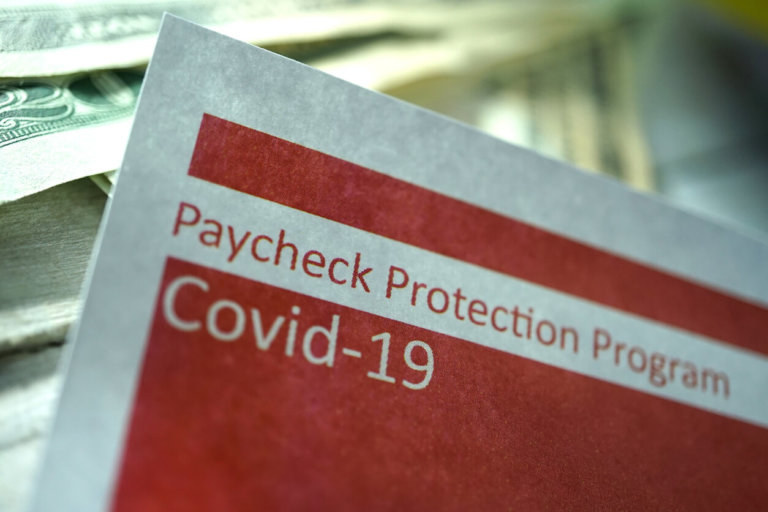The Coronavirus Aid, Relief and Economic Security Act (the CARES Act), signed into law by President Trump on March 27, 2020, established the Paycheck Protection Program (PPP) to provide financial relief to businesses impacted by the COVID-19 crisis.
PPP loans are intended to be used primarily for payroll costs; however, given the complex and evolving guidelines governing the program, it is likely that some businesses may not have used the PPP loan for its intended purpose. The question remains as to whether employees who have not been rehired can file a claim. The best way to protect your rights is to consult with an experienced employment lawyer.
PPP Loans At a Glance
As the name implies, PPP loans are designed to help small businesses (those with 500 or fewer workers) retain their employees. To apply for a PPP loan, businesses must make a number of certifications, including:
- The loan is necessary to support business operations
- The proceeds will be used consistent with PPP rules
- The applicant is eligible for a PPP loan
Permitted uses of PPP loans include:
- Salary/wages (up to $100K per employee)
- Employee benefits
- State payroll taxes
- Utilities
- Rent/mortgage interest
Under the program, 75 percent of the loan must be used for payroll costs, and businesses that accepted loans are eligible for forgiveness. To have a loan completely forgiven, however, a business must maintain its headcount of full-time employees and salary level. A business that does not hire back all its employees by June 30, 2020, is not entitled to have the entire loan forgiven.
There is a catch, however, because guidelines issued by the Small Business Administration do not distinguish between new and existing employees, which means that it may not be necessary for the business to hire back the same employees.
The Takeaway
Given the manner in which the $349 billion loan program was rapidly expedited, the potential for fraud is high. For this reason, the Treasury Department has stated that it intends to audit all loans over $2 million. In short, businesses that submitted false statements to obtain a loan, or that used PPP funds improperly may be held liable under a number of federal laws, including the False Claims Act.
If you have information that your employer made false statements to obtain a PPP loan, you may be entitled to a whistleblower award. Under the qui tam provisions of the False Claims Act, individuals who have evidence of fraud against federal programs are allowed to sue the wrongdoer on behalf of the federal government and may be entitled to a portion of any funds that are recovered.


